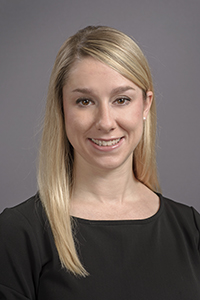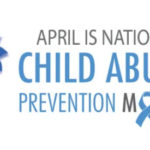It doesn’t have to be a death sentence: Early detection key to surviving breast cancer
By Matthew Chandler
For decades, women rarely spoke of breast cancer, a disease long shrouded in a deep social stigma. They didn’t talk to relatives to learn their family history. Many didn’t do self-exams. They didn’t get screened. And . . . they died.
Dr. Meeghan Lautner is a breast surgeon with General Physician, PC Breast Care. She is also an assistant professor in the Department of Surgery at the UB Jacobs School of Medicine and Biomedical Sciences. She is sharing some of her expertise in hopes that more women will make that phone call and schedule a screening.
Who is most at-risk for a breast cancer diagnosis? Breast cancer is most commonly diagnosed in women after menopause. However, we certainly see it in patients before menopause and, people may not realize this, there are a good number of young patients that are diagnosed. It truly can affect women of all ages in their adulthood.
There are many people who avoid getting screened for serious conditions like breast cancer because they are afraid to hear the results. What would you say to that group? My message is this: The survival rates for early stage breast cancer are as good as they’ve ever been. Don’t be afraid to get your mammogram. If we find something, you’ve got a team here that is going to help you get through it. By no means does a diagnosis have to be a death sentence.
There has been a lot of talk in recent years about the genetic element of breast cancer. What options are there for women who may have a family history of the disease? We know that family history contributes a lot to a woman’s breast cancer risk, so it is an important part of our diagnostic work-up. There are many testing opportunities available to the public than there were in years past. If we identify these cancers that are driven by DNA or by gene mutation, sometimes that alters the kind of treatment we use, and it becomes more personalized to that patient.
How important is Breast Cancer Awareness Month in terms of encouraging more women to get screened? First, it serves as a great reminder to women who may intend to get screened, that now is a good time to do it. The awareness as a whole, the fact that people are talking openly about breast cancer, and advocating for better access to care, it all comes together to contribute to the increase in early detection and the high survival rates we see.
Finally, what can women do, if anything, to reduce the risk of being diagnosed with breast cancer? There are some lifestyle modifications that we know can help reduce the risk. Quitting smoking, stopping drinking regularly, exercising daily, eating a healthy diet, maintaining a healthy weight and getting plenty of sleep will all lower your risk of many diseases, including breast cancer.
To schedule an appointment with Dr. Lautner at her Williamsville or Buffalo office, call 716-884-3000. www.gppconline.com.
Matthew Chandler is a public relations specialist with General Physician, PC.












